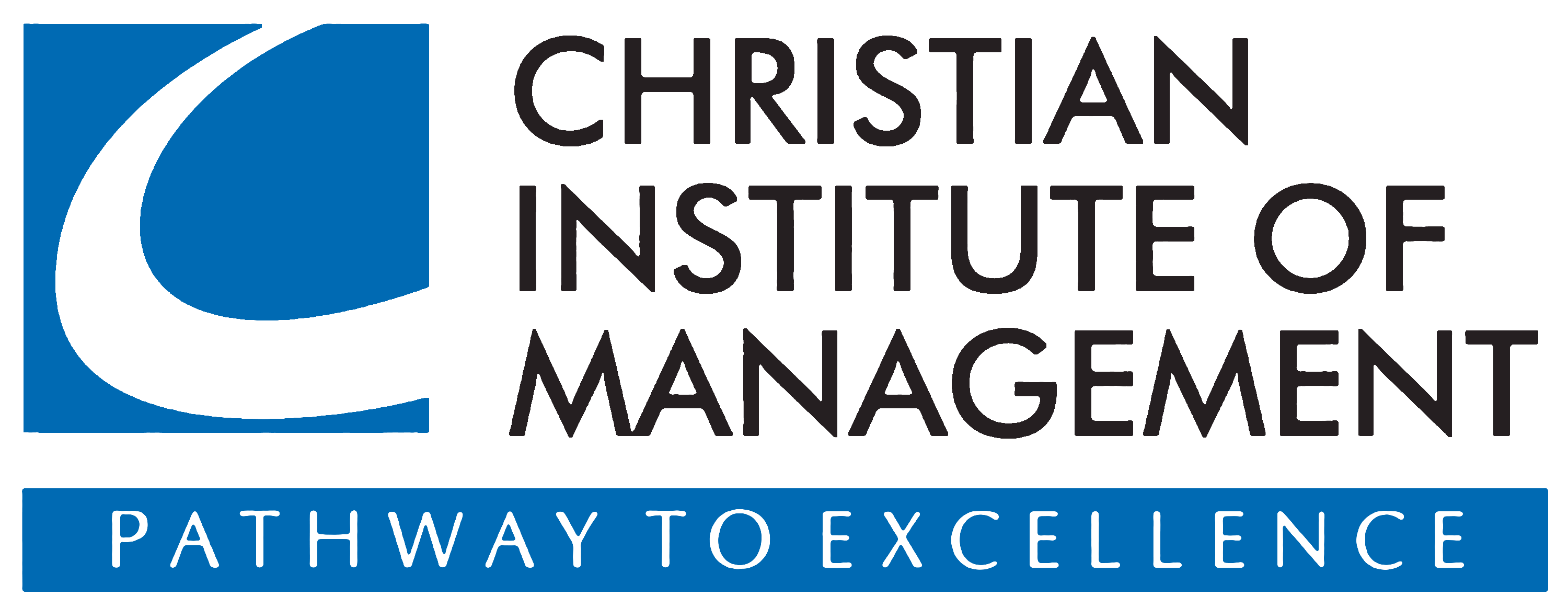
Introduction
Not-for-Profit Organisations (NPOs) in India that are engaged in educational, religious, social, or cultural activities often rely on foreign contributions to fund their programs. The Foreign Contribution (Regulation) Act, 2010 (FCRA), governs such contributions, mandating strict adherence to ensure the funds are not misused. Recent amendments and judicial interpretations have further tightened these regulations, necessitating a thorough compliance strategy supported by skilled financial advisors.
Detailed Review of Recent FCRA Amendments
The 2020 amendment to the FCRA introduced significant changes, impacting how organizations manage their foreign funds. Key aspects include:
Restriction on Fund Transfer: Previously, organizations could transfer a part of their foreign contribution to other registered NGOs. This is now prohibited, requiring organizations to directly utilize the funds for their declared objectives.
Cap on Administrative Expenses: The cap on using foreign funds for administrative expenses has been reduced from 50% to 20%. This forces organisations to plan meticulously to ensure that the larger portion of funds directly supports programmatic activities.
Mandatory Account in SBI, New Delhi: All FCRA-registered entities must now receive foreign contributions exclusively through an FCRA account at the State Bank of India, New Delhi Branch. This centralisation aims to enhance the government’s ability to monitor and audit fund flows effectively.
Analysing Key FCRA Case Laws
Several judicial decisions provide insights into how courts interpret and enforce the FCRA. Noteworthy cases include:
Union of India vs. Association for Democratic Reforms (ADR): This landmark Supreme Court case underscored the necessity of transparency in the accounts of organizations receiving foreign funds. The ruling has heightened scrutiny of NGOs to prevent foreign influence in domestic affairs.
K.A. Abbas vs. Union of India: In this case, the court reinforced the importance of stringent compliance measures, supporting the government’s position that rigorous oversight is essential to national security.
These cases highlight a trend towards greater accountability and stricter enforcement, which can significantly impact how NPOs manage their foreign contributions.
Strategic Financial Management and Compliance
Given the stringent regulations, NPOs must adopt strategic financial management practices:
Implementing Robust Accounting Systems: Organisations should invest in advanced accounting software tailored for non-profit compliance. Such systems can help track and report on fund usage efficiently, ensuring compliance with the 20% administrative expense cap.
Training and Capacity Building: Continuous training for staff on FCRA regulations and financial management is crucial. Regular workshops and seminars can keep the staff updated on the latest legal requirements and best practices.
Developing Internal Compliance Reviews: Establishing a routine internal review process can help organisations pre-empt compliance issues before they arise. These reviews should involve periodic checks by internal auditors and compliance officers.
Compliance as a Strategic Asset
Rather than viewing compliance as merely a legal necessity, organisations should see it as integral to their operational integrity and donor relationships.
Compliance with FCRA can enhance an organisation's credibility, attracting more substantial foreign donations and partnerships.
Leveraging Compliance for Improved Donor Relations: Transparent reporting and diligent fund management can build trust with international donors, potentially leading to larger or more sustained funding.
Risk Management: Identifying areas of potential non-compliance and addressing these proactively can mitigate risks of penalties or legal challenges.
Conclusion
For NPOs in India, navigating the complexities of the FCRA requires a combination of legal knowledge, financial expertise, and strategic planning. Engaging with experienced chartered accountants and legal advisors who specialize in non-profit regulations is critical. These professionals can provide the necessary guidance to ensure that organisations not only comply with the law but use compliance as a framework for broader organisational effectiveness and sustainability.
About the author

K Kanagaraj Antonysamy is a Chartered Accountant with over 40 years of experience, involved in church activities at various levels. He possesses a broad expertise that spans the NPO sector, International Financial Reporting Standards, and Artificial Intelligence. Additionally, he is proficient in reading and editing a few software languages. Kanagaraj delivers lectures and speaks at seminars on various accounting topics both in India and internationally. God has blessed him with a happy family consisting of his wife, son, daughter-in-law, and granddaughter.
